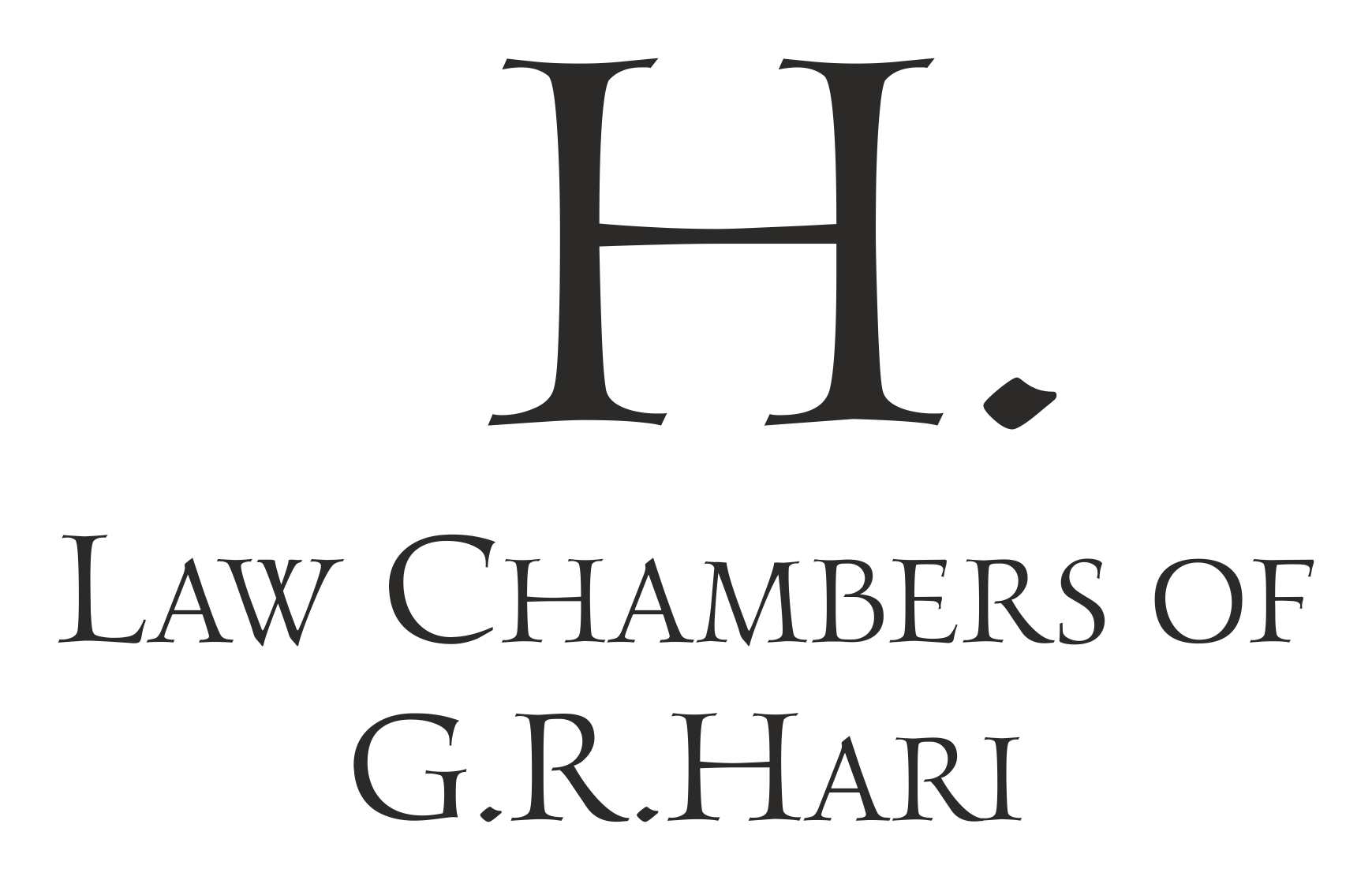This interesting question was answered by the Supreme Court in the case of Dineshbhai Chandubhai Patel Vs. State of Gujarat & Ors. by Judgment dated 5th January 2018.
The brief facts related to forgery of certain property documents. Three complaints were given by rival parties which culminated into registration of a FIR. The accused persons moved the Gujarat High Court seeking quashing of the FIR as against them. The High Court on hearing either side partially quashed the FIR with regard to Sections 406, 420, 120B of the Indian Penal Code and the Atrocities Act is concerned. The investigation pertaining to certain other offences related forgery was allowed.
The following is the extract of the High Court decision:
(1) The First Information Report, so far as the offence punishable under Sections 406, 420, 120B of the Indian Penal Code and the Atrocities Act is concerned, is quashed. The investigation as regards the allegations of creating the two bogus power of attorneys and erasing of 73AA is concerned, shall be completed by the Commissioner of Police, Surat in accordance with law.
The complainant and the accused persons moved to the Supreme Court against the order of the High Court. The Complainant prayed for setting aside the order of the High Court and to continue the investigation. The accused persons moved the Supreme Court seeking to quash the FIR entirely.
The Supreme Court found merits in the arguments of the complainant, and opined as follows:
In our considered opinion, once the Court finds that the FIR does disclose prima facie commission of any cognizable offence, it should stay its hand and allow the investigating machinery to step in to initiate the probe to unearth the crime in accordance with the procedure prescribed in the Code.
The question was answered by the Supreme Court stating that once any cognizable offence was made out as against any accused persons as per the bare reading of the complaint, without looking into the evidence, the High Courts must not step in to partly quash the FIR only with regard to certain offences. Rather, the High Courts must allow the investigation to continue and cull out materials to either support or disprove the contents of the FIR. Relying on the celebrated decision of Swapan Kumar Guha, the Supreme Court directed continuation of investigation in an expeditious manner.
The full text of the Decision in Dineshbhai Chandubhai Patel Vs. State of Gujarat & Ors. can be found here.

Leave a Reply